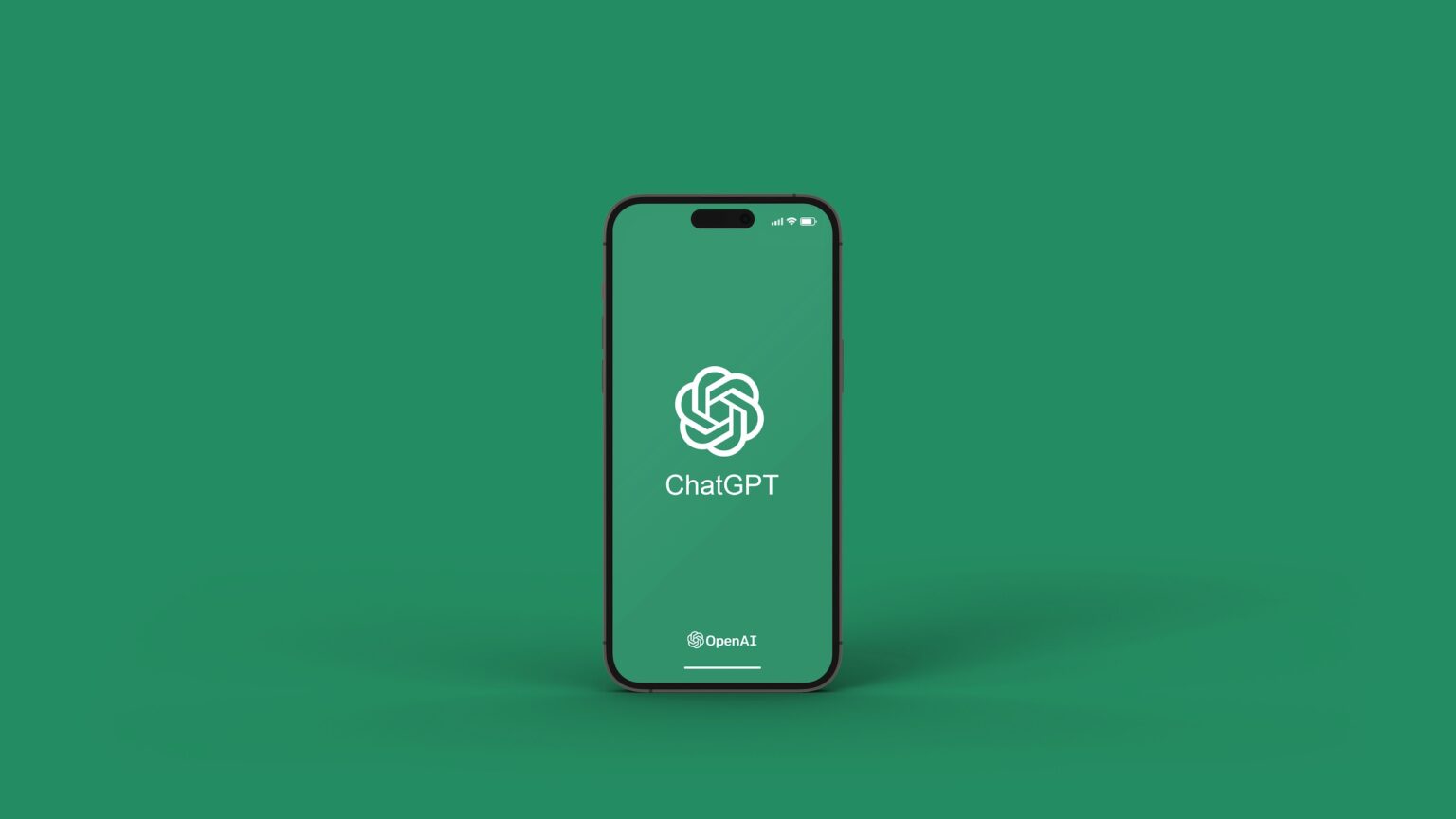Since the launch of ChatGPT last November, it has become the backbone of global AI development, the tool entrepreneurs and developers are leveraging to make their own products. Little surprise, then, that creator OpenAI now wants to trademark GPT.
The tech firm seems disgruntled about the way developers have adopted its naming convention using the “GPT” term as part of AI tools created using ChatGPT and GPT-4 technology.
Also read: ChatGPT Embedded in Robot, Internet Fears End of Civilization
Some of the popular namesakes include Auto-GPT, MiniGPT-4, ChaosGPT, HealthGPT, DirtyGPT, and ThreatGPT – and that’s just for starters. GPT stands for Generative Pre-trained Transformer and uses deep learning to develop its capabilities.
OpenAI has been using GPT for years, having released its original GPT model (GPT-1) in October 2018. Which may prove advantageous for obtaining the trademark. Of course, it was the November release of ChatGPT that made the company an overnight sensation.
To protect itself, OpenAI wants to turn GPT into a trademark. Indeed, it started the application process before much of the furore and name-copying started.
The company has asked the United States Patent and Trademark Office (USPTO) to speed up the process, as the number of infringements and counterfeit apps is ever-growing. It believes it should effectively own GPT, and would already if the application had been granted in a timely fashion.
OpenAI protective of its brand
According to Yunfeng Zhang, OpenAI’s new branding policy was outlined in a recent blog addressing the use of “GPT” in applications. The brand guidelines elaborate on the use of OpenAI’s names from their APIs, models, plugins, and more. The article also specifies how OpenAI should be addressed.
“When mentioning our company in your press materials, we ask that you identify OpenAI as an AI research and deployment company. OpenAI’s mission is to create safe and powerful AI that benefits all of humanity.”
The policy highlights how developers must use the company’s other products such as Whisper, Dall-E, and Embeddings.
“Notifying users. If your product closely resembles an OpenAI product (such as ChatGPT), please include a prominent, clear statement indicating that your product is independently developed and not affiliated, endorsed, or sponsored by OpenAI,” added the firm.
OpenAI is said to be rushing the process of filing a trademark application for the “GPT” name with the US patent office, which could make it illegal for other app developers to use “GPT” in naming their AI tools.
However, according to Connie Loizos from TechCrunch, the patent that was filed to trademark “GPT” was dismissed last week due to some kind of attorney neglect in paying the required fees. Which could delay the trademarking by several months.
Tricky situation
A partner at Carr & Ferrell’s intellectual property group, Jefferson Scher, told TechCrunch that OpenAI had plenty of reasons to expect it will be able to secure the patent.
However, Scher believes OpenAI may encounter difficulties obtaining the trademark. This is because the “T” in GPT refers to “Transformer,” a widely used neural network architecture created by Google researchers in 2017.
“That’s no guarantee (OpenAI) could end up owning (GPT). Can GPT be a brand even if it has a very descriptive origin?”
Some experts think it could take another five months before OpenAI’s petition is decided. If the eventual decision is favorable, others will be unable to use the trademark widely – even if finding violations proves difficult.
Other tech firms and developers including ThreatGPT, MedicalGPT, DateGPT, and DirtyGPT recently submitted applications to the USPTO, so OpenAI is understandably protective about its brand reputation. All these startups allegedly ride on the coat-tails of the viral chatbot ChatGPT, though whether OpenAI can do anything about it remains to be seen.









 and then
and then